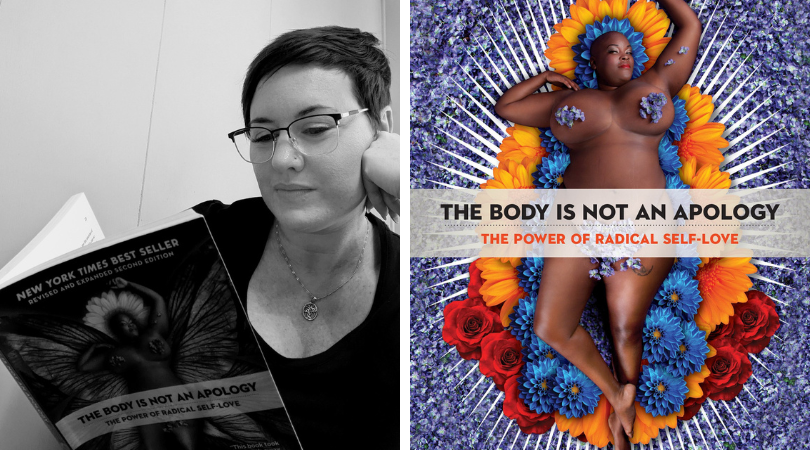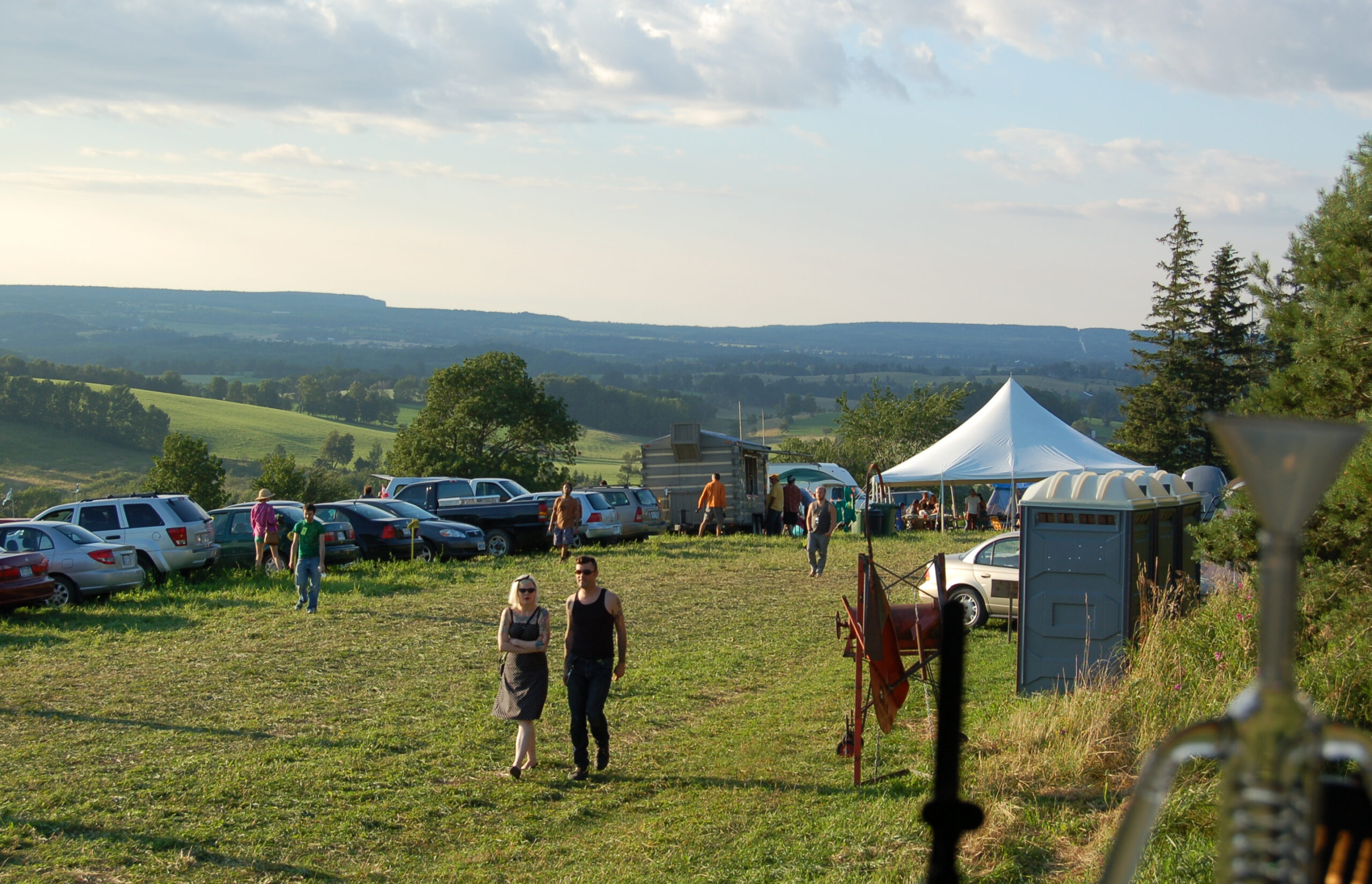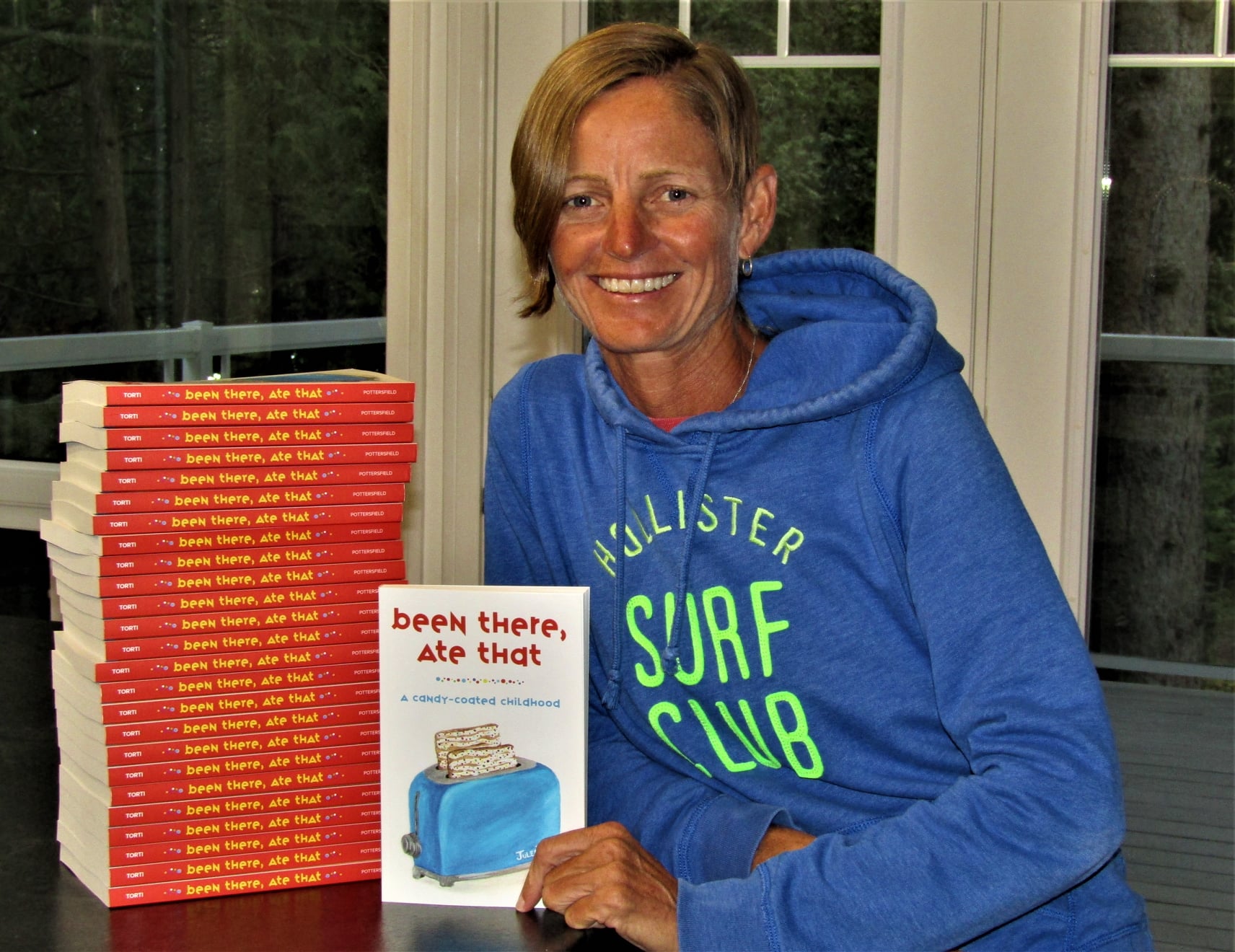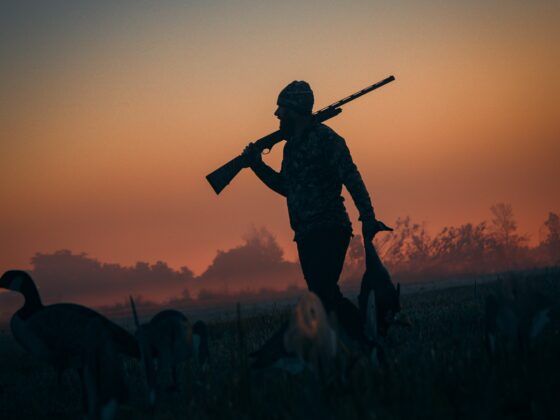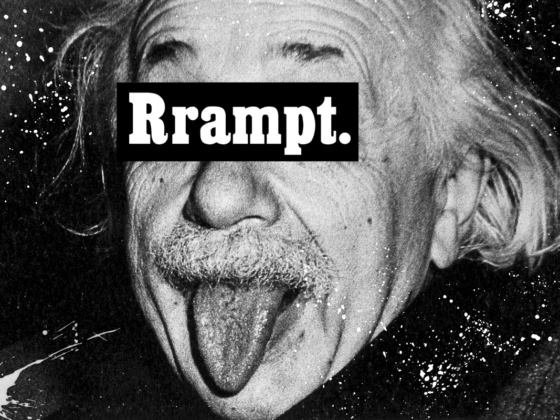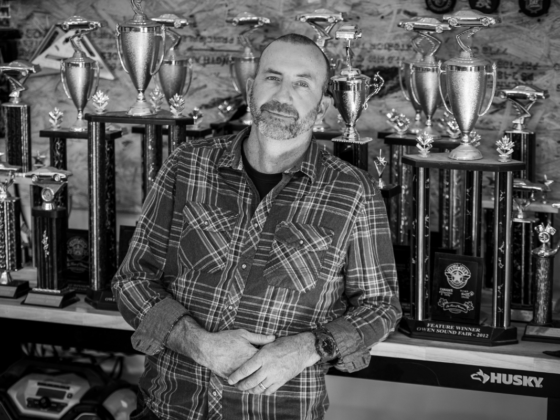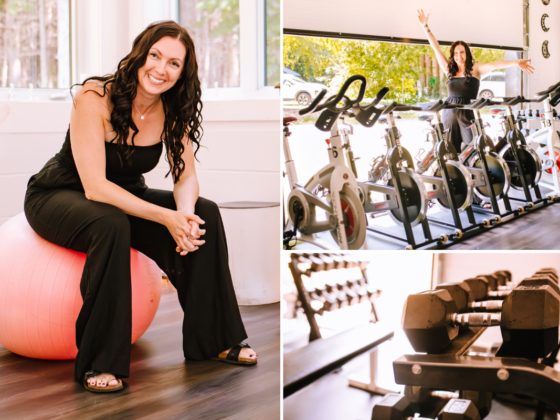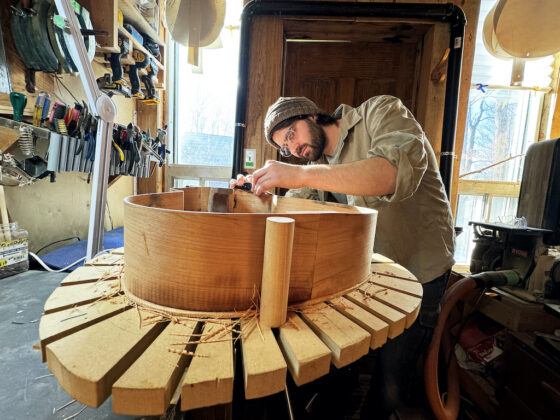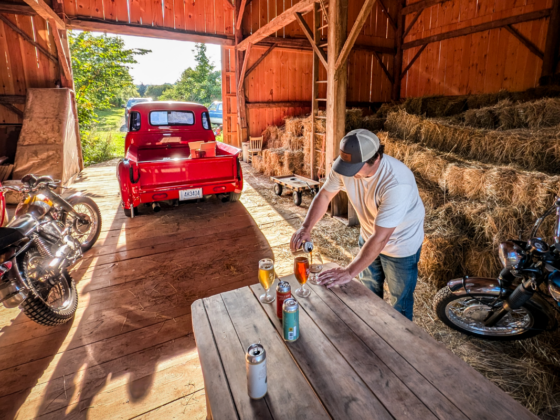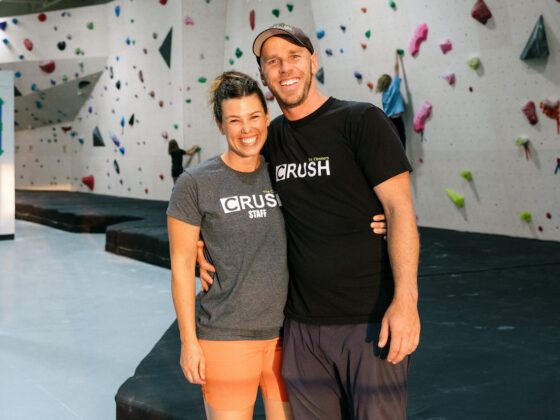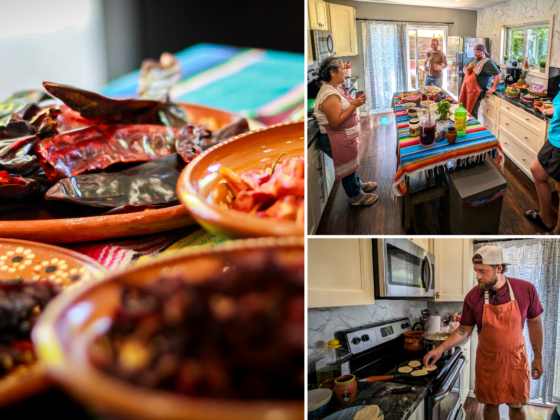So, I was tasked with creating a “Summer Reading List” on the topic of mental health and wellness, and here I am only listing one book. You might be asking why that is.
Well first, let me introduce myself: I’m Ashley Baldwin, and I am a registered social worker and psychotherapist, and owner of Counselling Bruce County in Port Elgin where we provide in-person and virtual services to all of Bruce and some Grey County residents. I was thrilled to be given this opportunity as a freelance writer for Rrampt to showcase different areas of mental wellness, and this is my first assignment! So, Hello!
Back to the question of “why just one book Ashley?”
I chose the first book to review and recommend to you fine readers, and then as I began to write about it, I was led down the rabbit hole of emotional ups and downs that I felt compelled to elaborate on, which led to me using my entire word count on this one book! (Ok, technically, I doubled my word count…So, maybe another book review later?) Consider this a ‘Part One’.
And just to be clear, the word count did not include this rambling start. But anyways, onto the review of Sonya Renee Taylor’s ‘The Body is Not an Apology – The Power of Radical Self-Love’!

Sonya’s book is for anyone who is seeking radical self-love in terms of body image. She makes it clear in the first chapter that her book isn’t intended to “fix” your self-esteem or self-confidence; but let’s be honest, NO book can do this for you! She uses what she calls “unapologetic inquiries” throughout the book that are meant to prompt you to think about your own relationship with body image on a deeper level. She shares her own insights of how she grew up apologizing for her body and how this has led her down a journey in adulthood of refusing to accept body shame and learning how to “radically” self love.
She shares the notion of the “body shame origin story” where she recalls her first memory of body shaming and encourages the reader to learn about their own body shame origin story. She explains that this story will have most likely developed: a) in your youth; b) a response to a rapid body change; c) when you were made aware of a difference in your body compared to your peers for the first time; or d) through your family/culture/society.
Can you think back to your own earliest memory of body shame and how it may have influenced how you feel today about your body? I remember mine! It was due to a “mean boy” (because my preferred term cannot be published) in elementary school who decided that my forehead was “too big”; coupled by the fact that my last name had the word “bald” in it; somehow created the perfect opportunity for body shaming. This bullying led to my attempt in covering my forehead with the worst bowl cut style, thick bangs you have ever seen! I hairspray them so hard that not even a tornado can tear them away! It was so wrong, yet so necessary for my low self esteem at the time. Looking back now of course I see that I looked much better as “myself”, but when you are a kid you don’t see your true beauty. I still have to fight this childhood bully in my mind from time to time, but the voice is much quieter these days. I also do not sport any bangs now, so yay me!
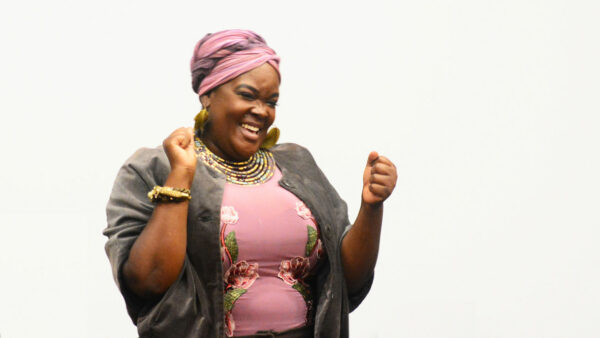
Sonya says “you have been given thoughts, and just like that shame sweater, you do not have to keep them”. Do you know why you look at a complete stranger and judge their body? Where did you learn to think that was ok? Where did you learn that your thoughts and judgements about yourself are ok? Can you learn to stop thinking negatively about another person’s body, as well as your own? First, Sonya challenges you to realize these judgemental thoughts are a choice and just like working out a new muscle, it’s going to take time and hard work to break through the resistance of how uncomfortable it feels to talk positively about your body. In the therapy world we call this process CBT (Cognitive Behavioural Therapy), where you learn how your thoughts create your emotions and affect your behaviours.
Sonya talks about the term “privilege” in terms of how certain areas of privilege lead to assumptions that the world is constructed only for specific bodies, races and abilities and fails to consider the experiences of all humans. Not a “new” idea by any means, but she does a good job in speaking to it on a level that all ages can understand and relate to. One easily understood example of “thin privilege” is when “someone cannot fit in a chair at a restaurant, their body is the problem, not the manufacturer who made the chair or the restaurant owner who chose it.”
How often in your own life do you experience this privilege? If you haven’t noticed it, what does that say about your own knowledge of others’ struggles to feel accepted or included? Sonya asks you to also consider how the messages you’ve received through society, culture or politics affected your relationship with other body types such as: disabled bodies, aging bodies, mentally unwell bodies, transgender bodies, or bodies of other races.
Sonya goes on to talk about how society is so focused on “fixing” us, telling us we need a good “tune up” if there is any sign of natural wear and tear on our faces. Just look around your own town/city and count the number of businesses dedicated to changing your appearance! Could you survive without these? Would you even want to? Why do they exist in the first place? Don’t get me wrong, I LOVE getting my nails done and my lashes done as much as the next person, but I’m not ready to go under the needle or knife just yet. Although, being so close to turning 40, I have already been asked “when” I might consider Botox (like it is to be expected). Do I have poor body image if I’m excited for the things I choose to do? Maybe…maybe not.
One thing I CAN tell you that is a problem is social media. I can tell you first hand through the eyes of my teenage clients who come for therapy that Instagram and Tik Tok are horrible for them and only serve to decrease their belief that “natural beauty” truly exists in each and every one of them, and it is heartbreaking when I hear how they compare their faces and bodies with those fake humans on social media. If there was a way to go back in time to stop the creation of social media, this generation of kids would have less suicidal thoughts, less eating disorders, less anxiety and be much happier (truth).
The goal of Sonya’s book is to “change the world by convincing you to love every facet of yourself, radically and unapologetically, even the parts you don’t like.” Her book is not only an easy and short read (a mere 130 pages); but it is suitable for teens and adults alike, and is thought-provoking and inspirational (as proven by my inability to limit this review in order to allow space to talk about another book!).
Written by Ashley Baldwin, owner of Counselling Bruce County

